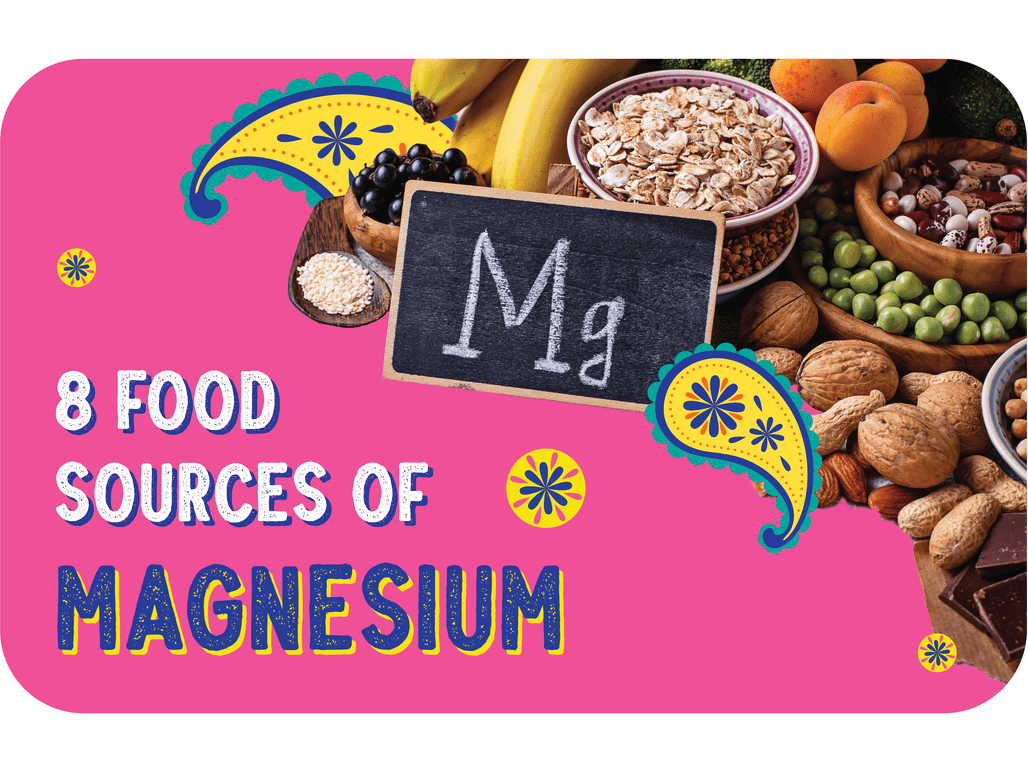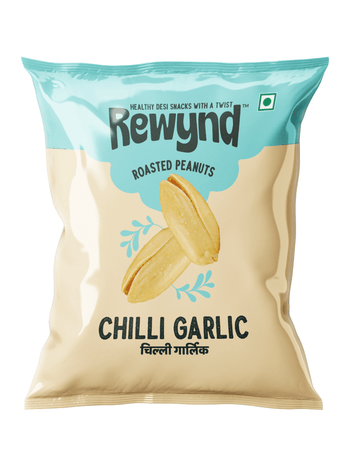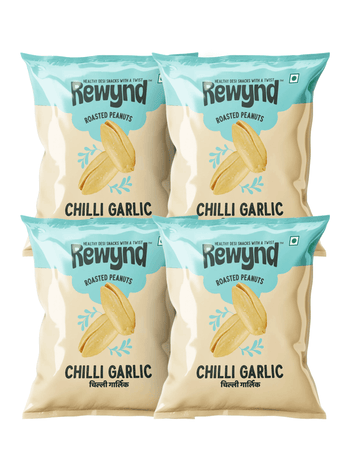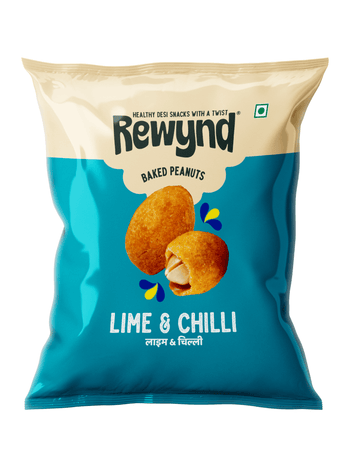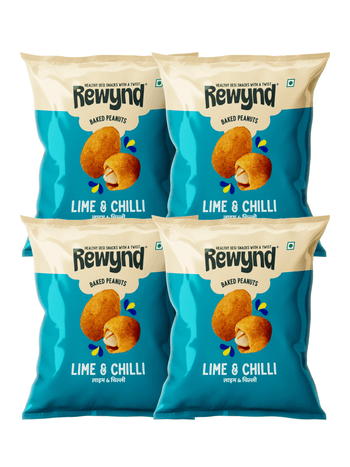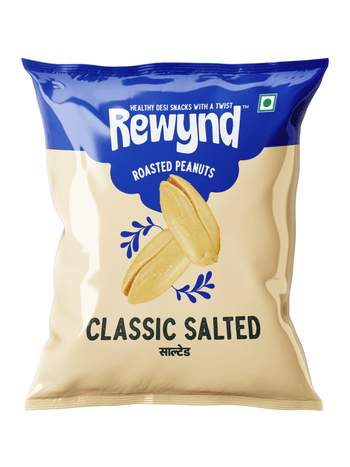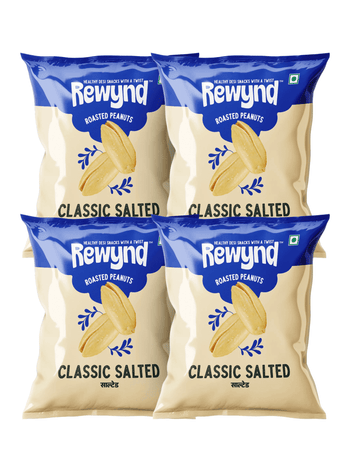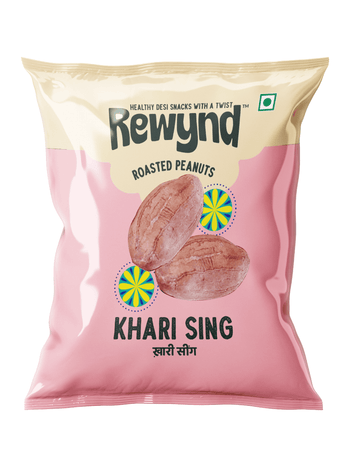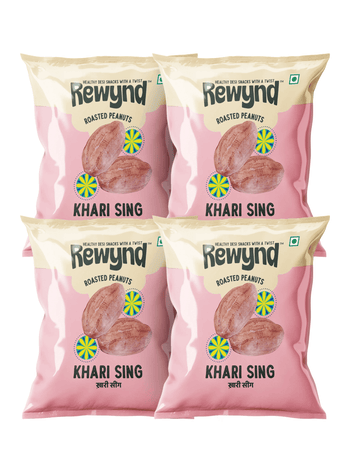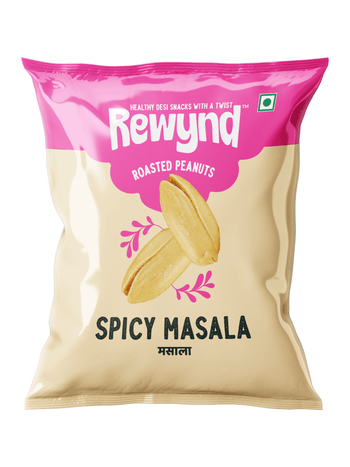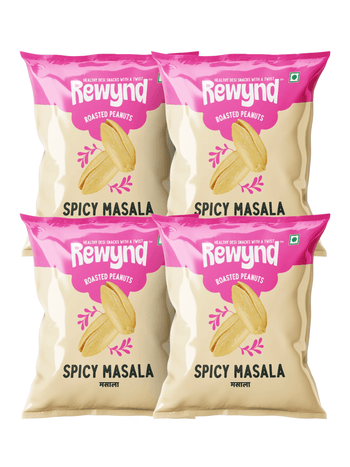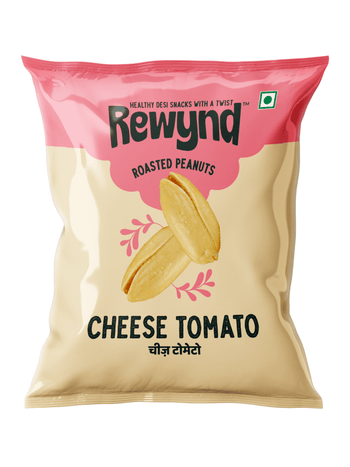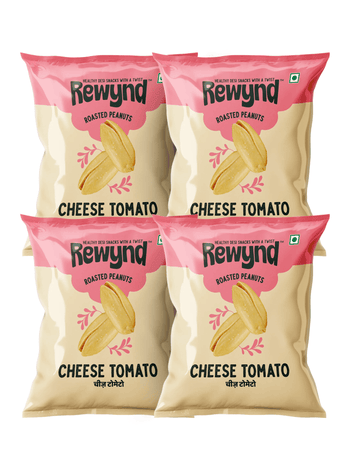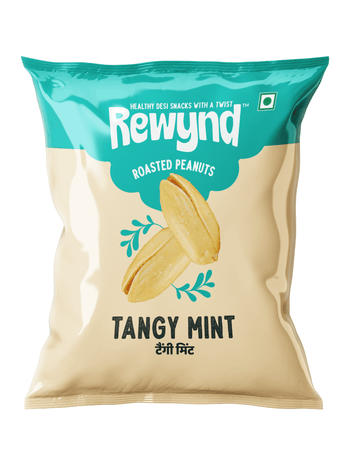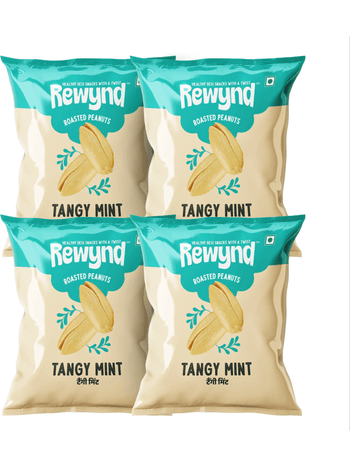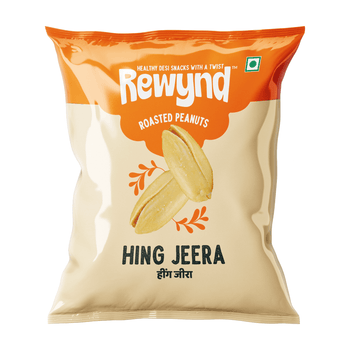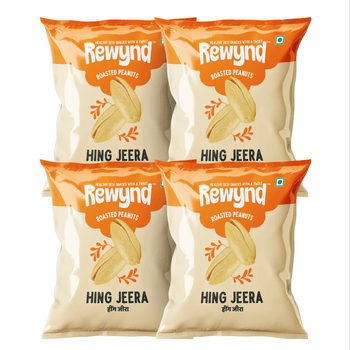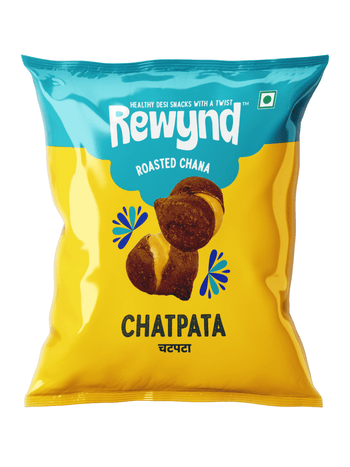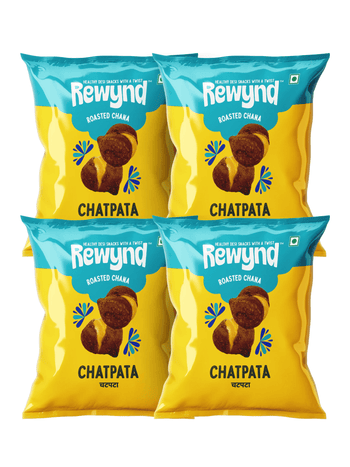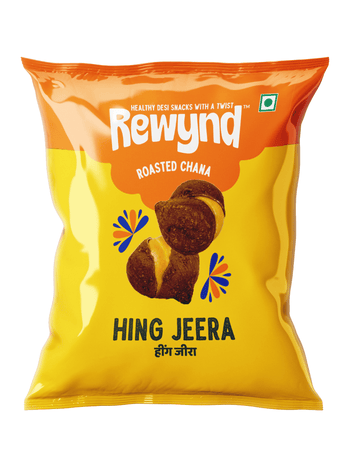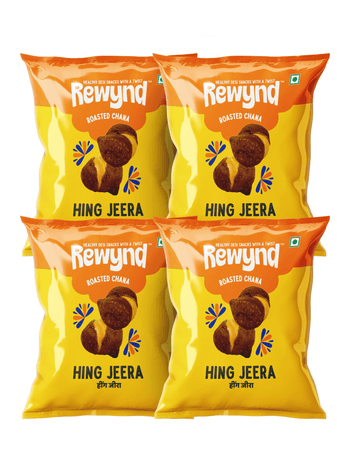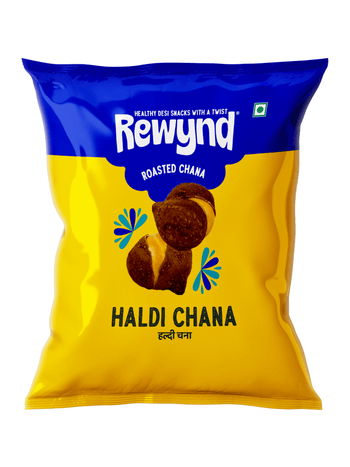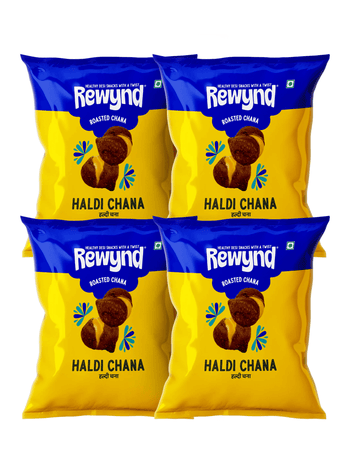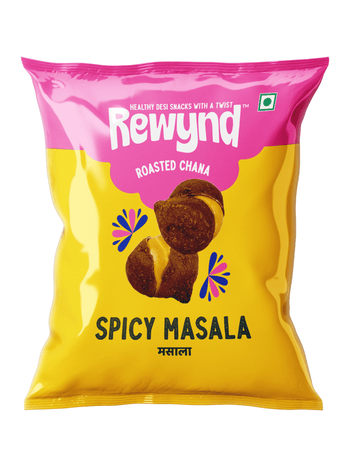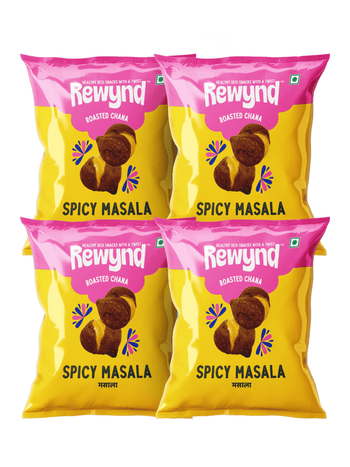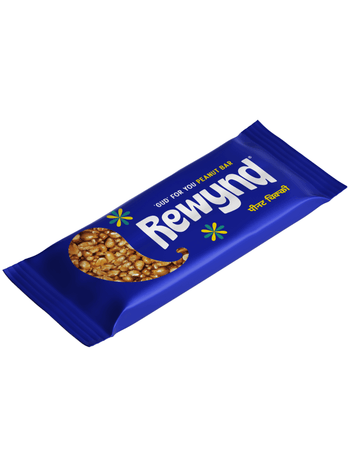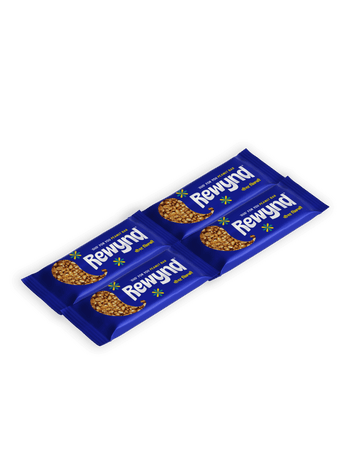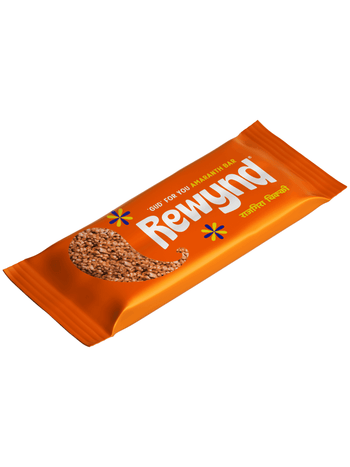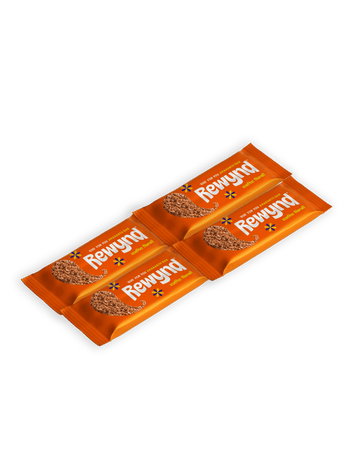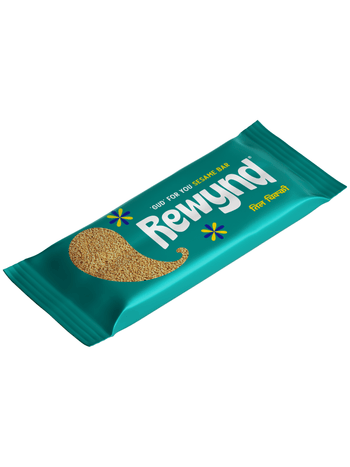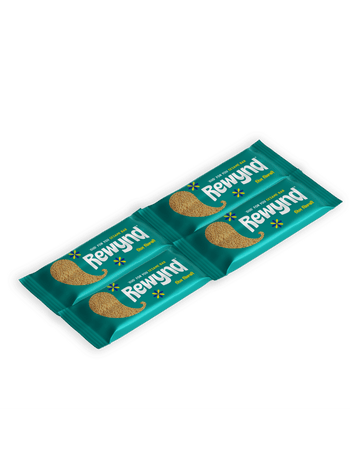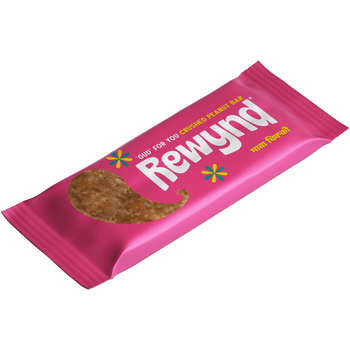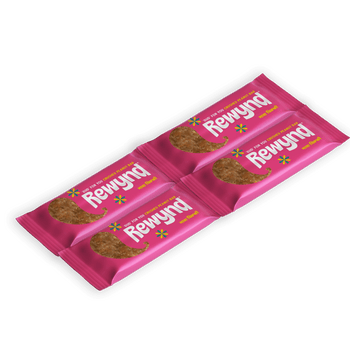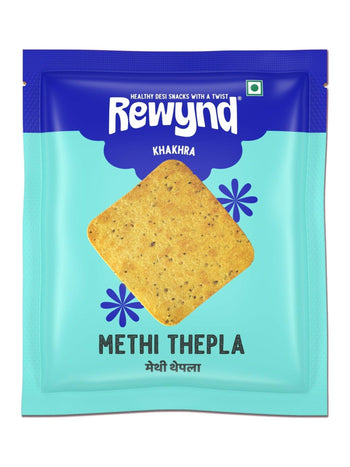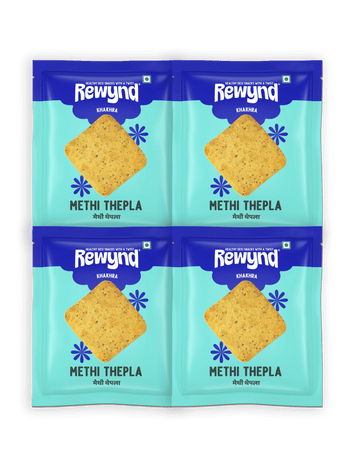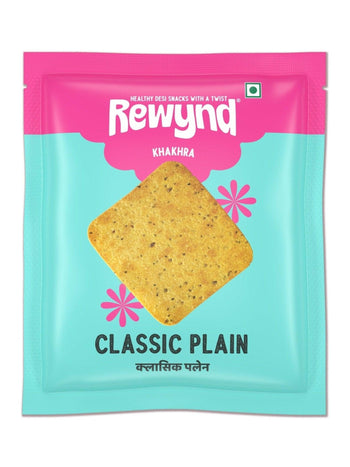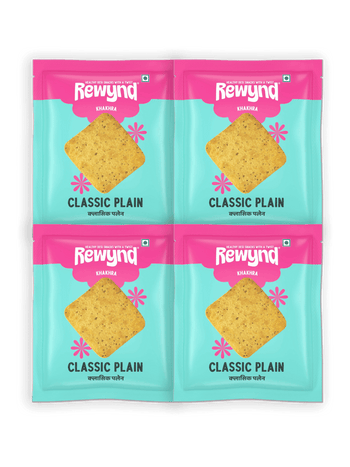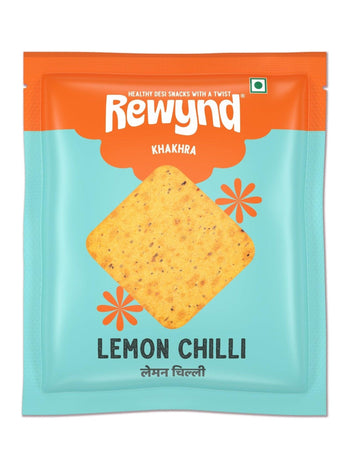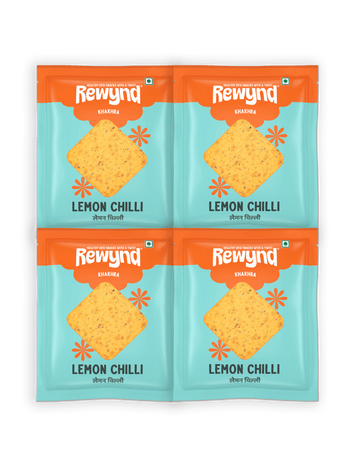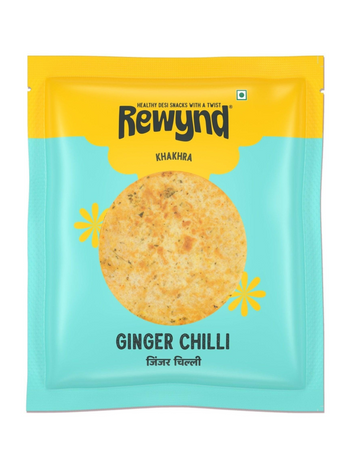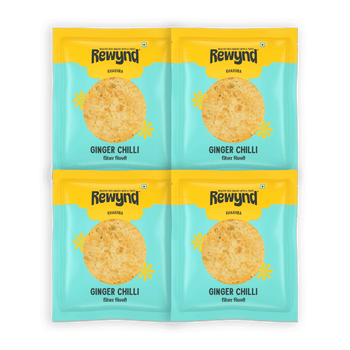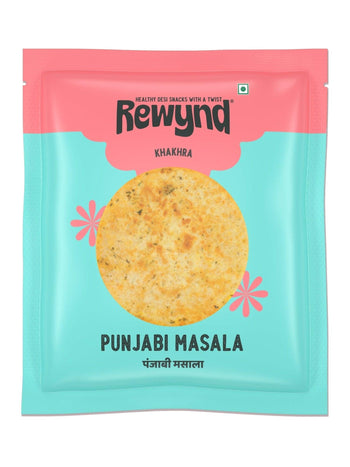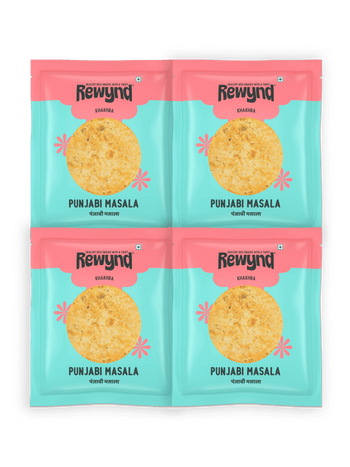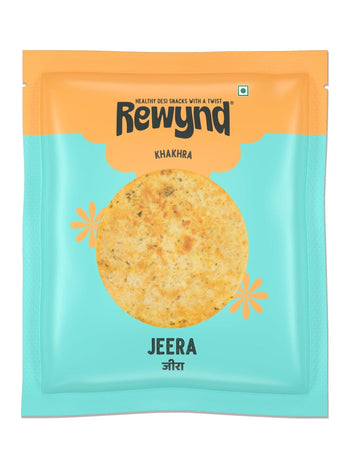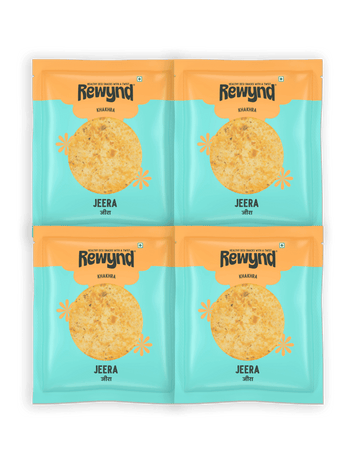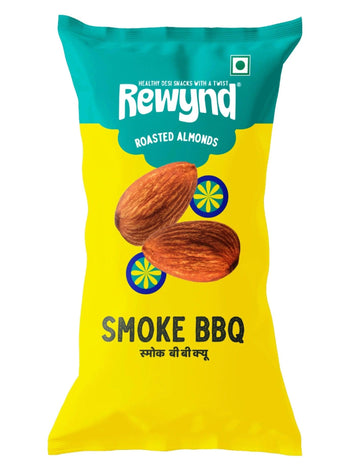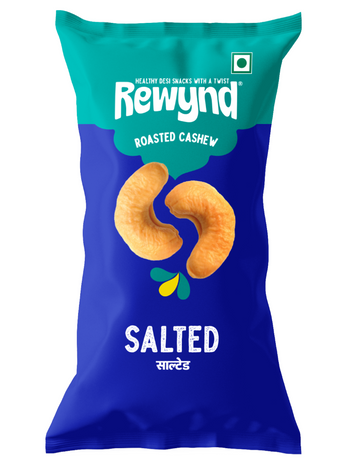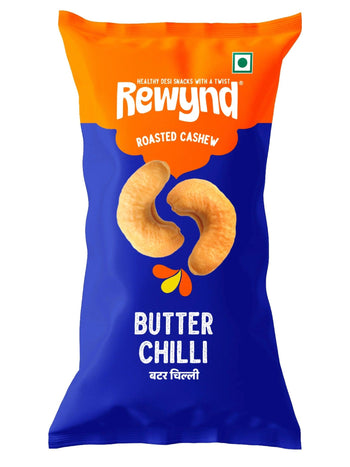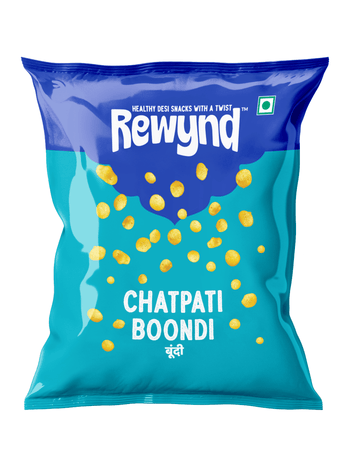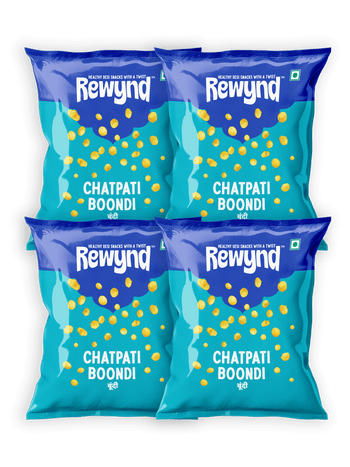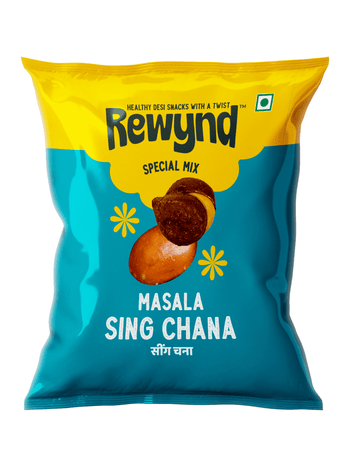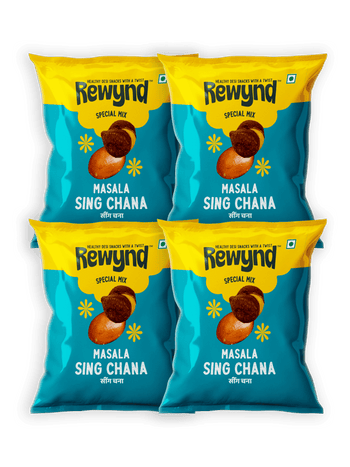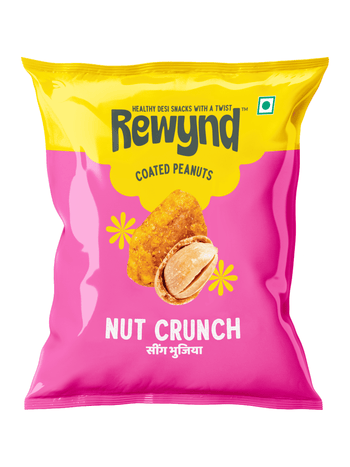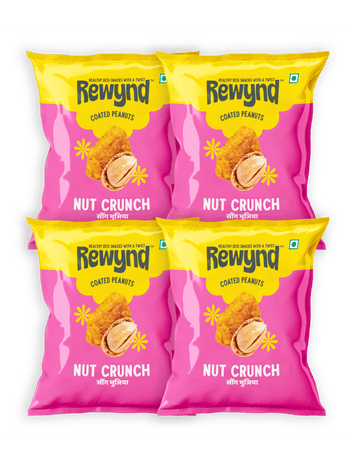In the hustle and bustle of daily life, it's easy to overlook the role of essential minerals in our health, and magnesium is a prime example. Often overshadowed by more talked-about nutrients like vitamin C or iron, magnesium is the unsung hero of our metabolic processes. This mineral supports our body and is crucial for over 300 biochemical reactions that keep us running smoothly. Today, let's uncover some delicious ways to pack more magnesium into your diet.
Importance of Magnesium in the Body
Magnesium is like the oil in your car's engine—it keeps everything running smoothly from your heart to your muscles to your brain. It plays a pivotal role in nerve transmission, muscle contraction, and protein synthesis. Regular intake can reduce fatigue and is even linked to better sleep patterns. It's especially crucial for those who lead an active lifestyle, as it helps convert food into energy and create new proteins from amino acids.
8 Food Sources of Magnesium

1. Nuts and Seeds:
A handful of almonds, cashews, or pumpkin seeds can significantly boost your magnesium intake. For a tasty twist, try Rewynd Snacks' roasted and flavoured peanuts, which make a delightful, healthful snack.
2. Leafy Greens:
Dark leafy greens, such as spinach and kale, are powerhouses of nutrition and loaded with magnesium. They're perfectly sautéed, in salads, or even blended into smoothies.
3. Legumes:
Common staples like lentils, chickpeas, and various beans provide protein and are rich in magnesium. They're ideal for hearty meals that are perfect for any Indian dinner table.
4. Whole Grains:
Switching to whole grains like brown rice, whole wheat, and quinoa is good for digestion and can boost your magnesium levels.
5. Fish:
Fatty types like mackerel and salmon are especially delicious and excellent sources of magnesium and omega-3 fatty acids.
6. Bananas:
One of the most portable and convenient fruits, bananas are surprisingly good sources of magnesium and perfect as a post-workout snack.
7. Dark Chocolate:
Yes, eating chocolate can be healthy! Just ensure it's at least 70% cocoa, rich in magnesium and antioxidants.
8. Avocados:
Trendy yet nutritious, avocados are versatile and packed with magnesium. They're great in salads and sandwiches or as a creamy addition to smoothies.
Recommended Daily Intake of Magnesium
Adults need about 310-420 mg of magnesium daily, depending on age and gender. Incorporating these foods into your diet can help you effortlessly meet this requirement. A mix of the foods mentioned daily can keep you on track with your magnesium intake.

Risks of Magnesium Deficiency
- Lethargy and Fatigue:
A lack of magnesium can make you perpetually tired.
- Muscle Cramps and Spasms:
Without adequate magnesium, muscles may not relax properly, leading to painful cramps.
- Mental Disorders:
Symptoms like apathy, which can progress to severe anxiety and depression, may develop.
- Heart Health Impact:
Long-term deficiency could lead to cardiovascular problems, as magnesium is crucial for heart health.
Tips for Incorporating Magnesium-Rich Foods into Your Diet
- Add Crunch to Breakfast:
Mix nuts or seeds into your morning porridge or sprinkle over yoghurt.
- Upgrade Your Curries:
Use legumes like chickpeas and lentils in your curries and dals for an extra dose of magnesium.
- Choose Whole Grains:
Replace white rice with whole grains such as brown rice or quinoa.
- Smart Snacking:
Choose magnesium-rich snacks like bananas or a square of dark chocolate. Grab Rewynd Snacks’ tasty assortment of nuts and bytes for a local flavour.
“Remember, a magnesium-rich diet is a stepping stone to a healthier, more energised you. With these easy and delicious sources of magnesium, you're not just eating well—you're rewinding to a healthier self. And with Rewynd Snacks, you can ensure this journey is as tasty as beneficial. Why settle for less when you can snack on the best?”
FAQs:
You can assess your magnesium intake by tracking your dietary habits and reviewing your consumption of magnesium-rich foods. Additionally, you can consult with a healthcare professional who may recommend blood tests to measure your magnesium levels.
Certain foods and beverages, such as high-fibre foods, phytates (in whole grains and legumes), and excessive caffeine or alcohol consumption, may hinder magnesium absorption. To optimise absorption, it's essential to maintain a balanced diet and consume magnesium-rich foods in moderation.
While consuming a varied diet rich in magnesium-rich foods is ideal, some individuals may struggle to meet their daily magnesium needs alone. In such cases, magnesium supplements may be recommended under the guidance of a healthcare professional.
Symptoms of magnesium deficiency can vary but may include muscle cramps, fatigue, weakness, irritability, and abnormal heart rhythms. If you experience these symptoms, it's essential to consult with a healthcare professional for proper evaluation and management.
Certain individuals, such as pregnant and breastfeeding women, older adults, individuals with gastrointestinal disorders, and those with certain medical conditions or taking specific medications, may have increased magnesium needs or may be at higher risk of magnesium deficiency. These groups must prioritise magnesium-rich foods and consult a healthcare professional for personalised recommendations.
